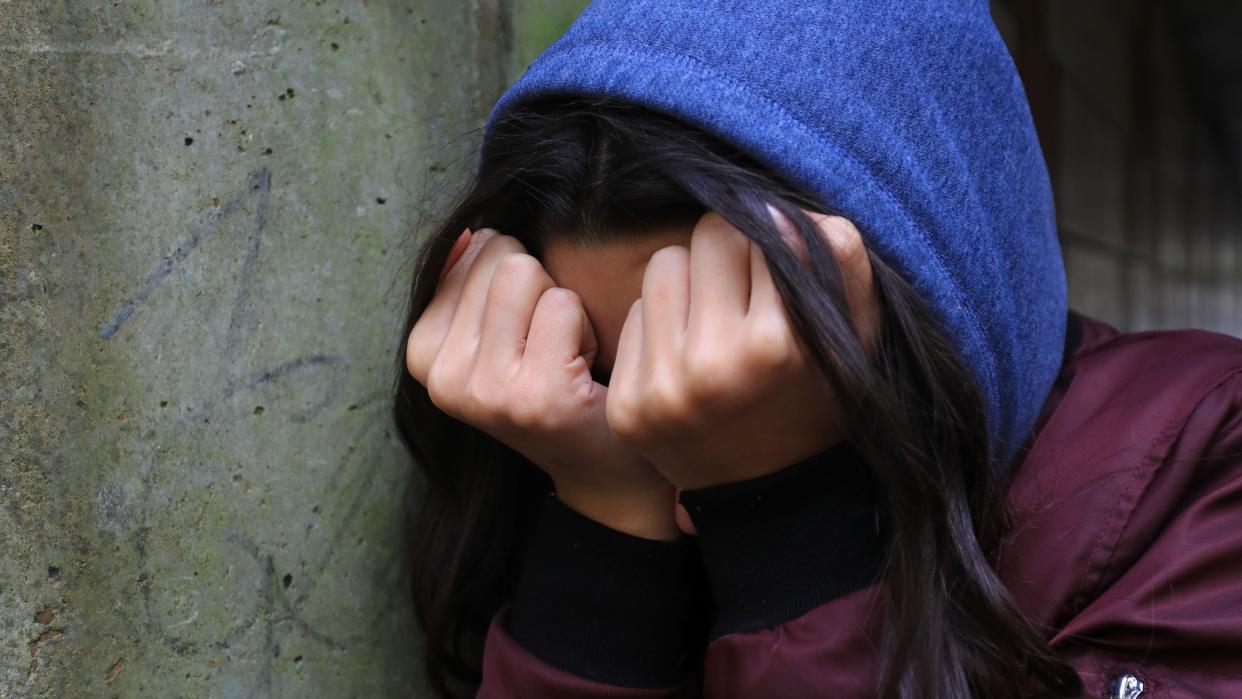Call to redesign paediatric wards to help youngsters with mental health problems

The design of paediatric wards should be changed to better support children and young people with mental health problems, the patient safety body has said.
The issue is a “patient safety risk that has not previously been explored”, according to the Health Services Safety Investigations Body (HSSIB).
An investigation by the HSSIB found some features of paediatric wards, such as noise and bright lights, could be “particularly challenging” for youngsters with mental health issues.
It said there is limited national guidance on how wards should be adapted, and paediatric wards in hospitals tended to focus on removing physical items to ensure patient safety.
However, evidence gathered by the HSSIB found removing items and creating a more restrictive environment could lead to conflict, with patients becoming aggressive and leaving the hospital without permission.
Saskia Fursland, senior safety investigator at the patient safety body, said: “Caring for children and young people with mental health conditions is complex.
“Whilst having a therapeutic environment during a hospital stay may just be one piece of the puzzle, it is a crucial one.”
The report recommends that NHS England should work with stakeholders, young people and their families to develop guidance on how paediatric wards could be adapted for patients with mental health problems.
The HSSIB said there are “high levels” of children presenting at hospital with both physical and mental problems, and is it “essential” that the “design of and delivery of care on paediatric wards is able to effectively meet the varied and often complex emotional, social and physical needs of the children and young people it serves”.
According to the report, 11.7% of admissions to inpatient wards for children aged five to 18 were due to mental health problems in 2021 and 2022.
In 2023, one in five children and young people in England aged between eight and 16 showed signs of having a mental health disorder, it added.
Ms Fursland said the investigation found “NHS staff are doing the best they can to provide compassionate care in pressured circumstances to children and young people with mental health needs”.
“They need to be supported by national and regional systems that bring consistency and best practice to ward design and adaptations, with a emphasis on a therapeutic elements,” she added.
“It is clear that there are opportunities for improvement and innovations that could be harnessed.
“Children and young people could be admitted to a paediatric ward for any reason, and they should be in safe environment that is designed to support all of their physical, mental, emotional and social needs.”
One young person included in the investigation was a patient named Leah, who had a history of trauma and was taken to her local A&E after experiencing suicidal thoughts.
She was detained on a ward while awaiting a mental health assessment but during her stay she had violent episodes during which she tried to harm staff and herself.
Physical restraint techniques and sedation were used by workers in an effort to keep Leah safe, as well as clinical and non-clinical items being removed from her room.
However, she left without permission on a number of occasions, and needed medical treatment twice for an overdose of paracetamol.
The HSSIB found that staff had little training or guidance on how to manage and adapt the ward when a young person’s behaviour escalated, while Leah told investigators there was a lack of privacy and dignity.
Ms Fursland added: “As we saw in Leah’s case, other patient stories and staff experiences, an overly restrictive and overly stimulating space can lead to feelings of irritation, anxiety, fear and sadness, could be a factor in incidents of physical aggression and violence and, in the worst cases, increases the risk of self-harm and suicide.
“Parity of esteem and better integration of children’s mental and physical health care is a national priority with many programmes of improvement work under way.
“However, the design of the paediatric ward is a patient safety risk that has not been previously explored.
“Our report is an important piece of evidence showing that the environment could be deemed to be physically safe but does not provide the emotional safety truly needed for those who are most vulnerable.”
Olly Parker, head of external affairs at mental health charity YoungMinds, said the system is “unable to cope” due to “severe long-term underfunding” of services.
“Every young person should be able to access the mental health support they need, when they need it,” he added.
“For this to happen it’s vital we shift the burden of mental health care away from often inappropriate inpatient settings, towards early and lasting support in the community.
“The Government must commit to comprehensive action to combat the mental health emergency with a joint focus on prevention, reforming how our mental health services work, and backing this up with the required investment.
“This is urgent – the continued failure to act will only mean further devastation for young people and ever greater pressure on wider NHS services.”
NHS England has been approached for comment.

 Yahoo News
Yahoo News 
